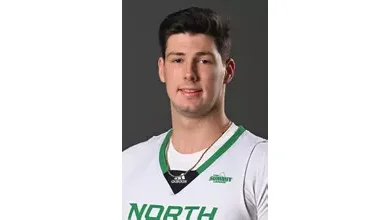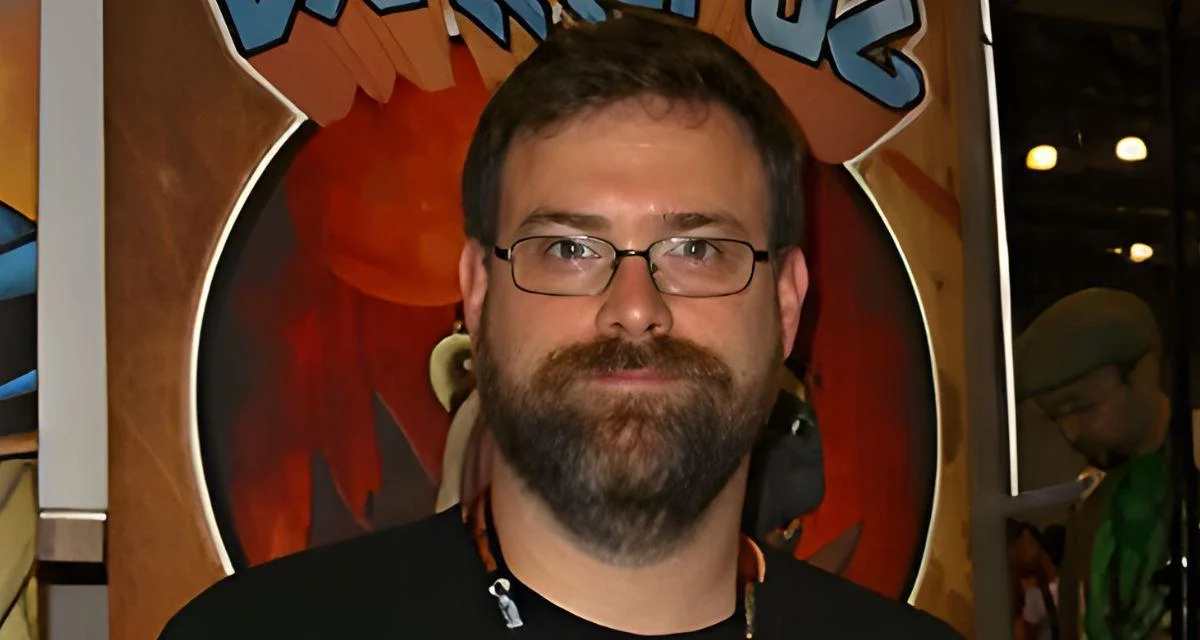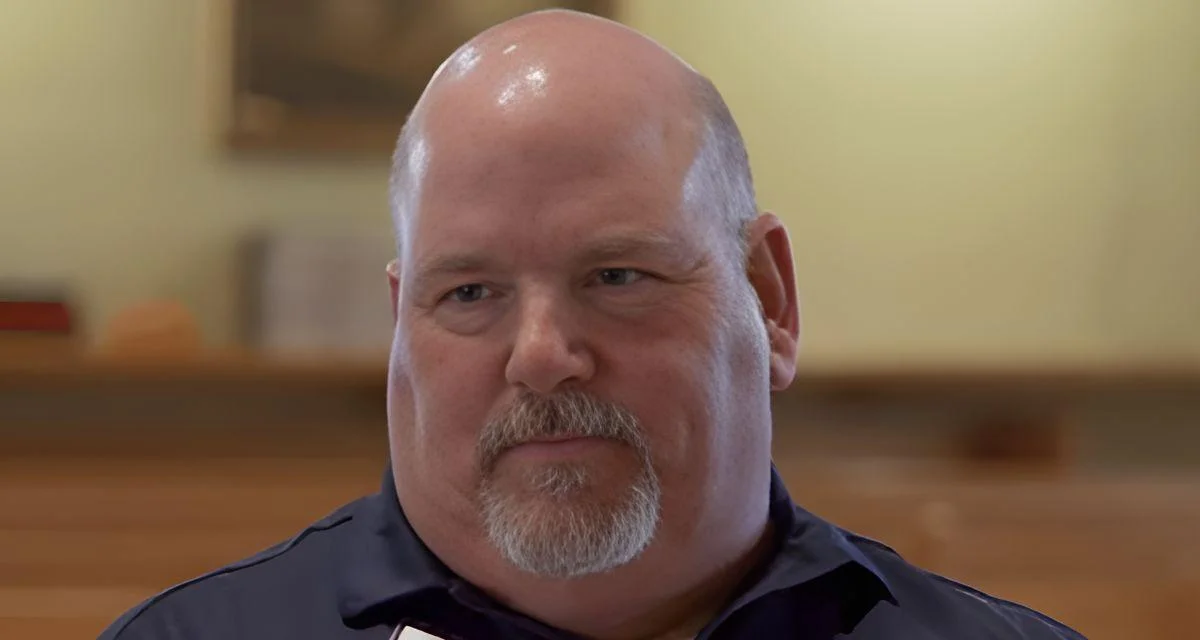The fifth anniversary of George Floyd's death on May 25 marks a significant moment in history. Floyd's murder, recorded on video, ignited global outrage as it displayed a white police officer kneeling on his neck until he died. This incident was not isolated but highlighted the broader issue of police violence against Black individuals.
Members of Creekside United Church of Christ recently visited George Floyd Square to honor Floyd and others who have died at the hands of police. The Say Their Names Cemetery serves as a memorial, with each headstone bearing the name of someone killed by law enforcement. “Each headstone in the cemetery bears the name of someone murdered by police.” The group walked in silence and poured libations, choosing to remember these lives as sacred despite their profane deaths.
The article reflects on the distinction between what is considered sacred and profane. It suggests that lives should be regarded with reverence and respect, yet recent events show a blurring of these lines. This blurring leads to societal confusion about justice and morality.
Several names are remembered for having lost their lives similarly, including Eric Gardener, Alton Sterling, Treyvon Martin, and Philando Castile. These incidents highlight ongoing issues like detention and deportation that undermine human dignity.
As society grapples with these challenges, there is an urgent call for clarity in distinguishing between upholding laws and committing acts that debase life. An act during the pilgrimage—removing shoes while standing on Lakota land—symbolized respect for both the land and those memorialized there. The site’s marker reads: “Stolen Land, Stolen Lives,” prompting reflection on how systemic injustices continue today through policies affecting civil rights and environmental care.
This commemoration reminds us of ongoing struggles against systemic inequality where profit motives often overshadow human rights concerns.
 Alerts Sign-up
Alerts Sign-up





